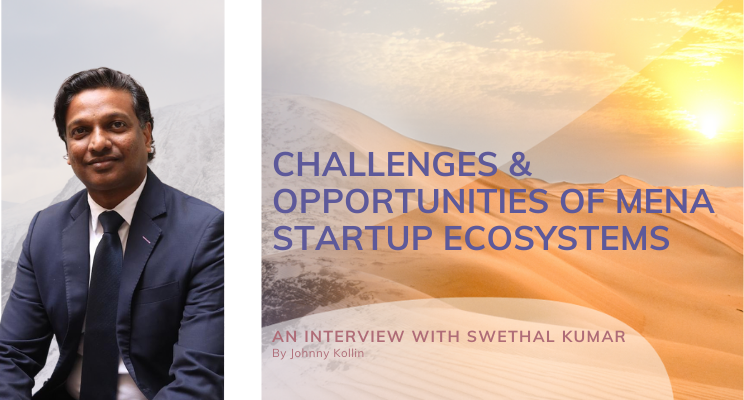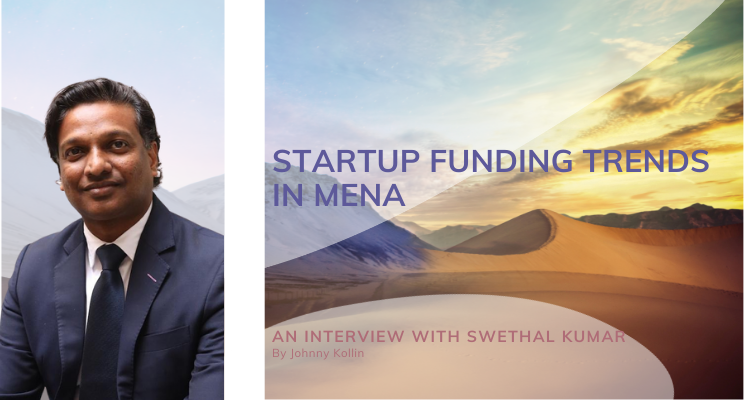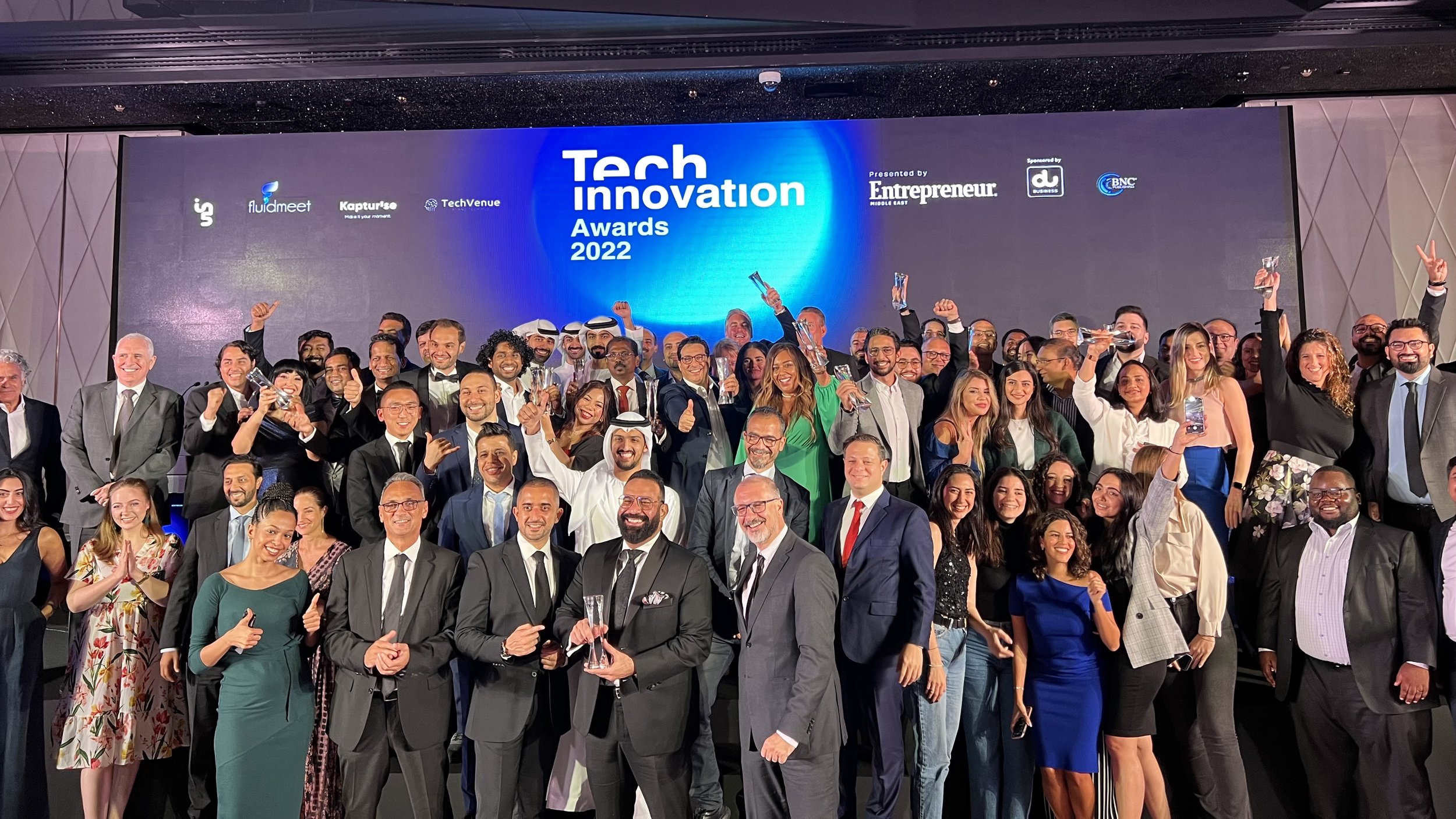Challenges and Opportunities of MENA Startup Ecosystems
Seamless Middle East brings together the brightest minds from across e-commerce, retail, payments, fintech, identity and insurtech. Johnny Kollin...

David Henry is the Chief Operating Officer of Nomo – the new Islamic digital banking brand of Boubyan Bank. He talked to us about his experience in building a new digital banking platform and what to consider when establishing a new financial services company in the Gulf Cooperation Council (GCC) region.
Boubyan Bank announced the launch of its Islamic digital banking brand Nomo in July 2021.
Leveraging the existing authorisations held by its UK subsidiary, Bank of London and The Middle East plc (BLME), Nomo provides Shariah-compliant accounts, payments, and investment opportunities through its mobile application.
Boubyan Bank is a majority-owned Islamic banking subsidiary of the National Bank of Kuwait, established in Kuwait in 2004. Boubyan Bank had KWD6.44 billion (USD21.4 billion) of assets at the end of 2020.

Speaking about the launch of Nomo in a press release, its Group CEO said:
Nomo, part of BLME, is a fully licensed UK bank, offering a unique opportunity for customers to benefit from one of the most prestigious banking systems in the world.
Adel Al-Majed, Boubyan Bank Group CEO and BLME Chairman
David Henry, COO of Nomo, has been closely involved in the development of Nomo leading up to its launch in July 2021. It is the second bank launch for Henry, he said in an interview with Johnny Kollin in Dubai. Before joining Nomo, Henry was part of the Anglo-Gulf Trade Bank (AGTB) team that took the bank through the licensing process in Abu Dhabi Global Market (ADGM). Over the last year, Henry has been working on building out the digital banking capabilities of Nomo.
“It’s amazing having a privilege to be part of banking builds,” Henry said. “There are so many people employed by banks globally. The opportunity to build a bank from scratch is a real privilege, and I’m very fortunate to be doing it a second time.”
Henry explained that his two experiences have been quite different. Anglo-Gulf Trade Bank was established from scratch as the first digital bank in ADGM. That entailed creating an entire policy and procedures framework, along with financial planning and forecasting models, while dealing with what, at that time, was a new regulatory body.
In contrast, Nomo – a trading name of BLME instead of a separate entity – benefits from having the fundamental capabilities already in place. “With Nomo, we’re leveraging the license that is already held in the UK with the Prudential Regulatory Authority and the Financial Conduct Authority in the form of BLME’s banking license,” said Henry. “It is amazing being able to see it from that different side of things. Rather than going at everything from scratch, we’re leveraging some capabilities that are already there.” With the fundamentals in place, the Nomo team has been focusing on building out the new capabilities required for the bank to enter a new market.
Henry said there is a great deal of momentum building in the financial services industry in the GCC region. Whilst the region has lagged a few years behind Western Europe in its digitalisation, it is catching up quickly. There has been an influx of several new entrants, either in the form of pure challenger banks seeking new banking licenses or fintech companies like YAP partnering with an existing licensed bank, layering a different user experience on top of it, said Henry. According to him, these new players are accelerating the digitalisation process in the GCC region. “They are focused on experience-led design as opposed to just processes and products from an old school perspective.”
With the experience from two distinct bank builds in the GCC, what is his advice to foreign financial services and fintech companies that are considering entering the region?
The ability to partner with local firms makes a huge difference.
David Henry, COO, Nomo
“There is a lot of pre-work that needs to be done before a decision is taken,” said Henry. “The markets are very distinct and different. Each jurisdiction has its own nuances.” He mentioned the structure of multiple free zones in the UAE, while Saudi Arabia is primarily an onshore market. In addition, “you also have data protection considerations if you want to come into the market. Say, you’re in Western Europe and you’re a cloud-native application offering financial services; in the Middle East, it’s a key consideration what the data protection regulations regimes are in those jurisdictions.” The hosting of consumer data outside their own jurisdiction can be a more involved process than in some Western markets where you can leverage global cloud providers, he added.
Consequently, organisations need to be clear on where their core demographic target segment is based, according to Henry. They then need to evaluate and choose their target base within that country: “It’s key that you start with one market. Work as hard as you can to find someone who has some experience in those sets of regimes.” Once the organisational experience of the region has developed, they may leverage that learning to enter neighbouring countries.
Henry recommends that Western companies looking to enter the Middle East consider seeking out a local advisor: “I think the ability to partner with local firms, people who have been in the market, makes a huge difference. It’s a different culture and a different environment, but it’s not something they should be scared of, it’s something that should be embraced.”

Seamless Middle East brings together the brightest minds from across e-commerce, retail, payments, fintech, identity and insurtech. Johnny Kollin...

1 min read
Sourcing funding is a crucial objective for any startup. It was also a consistent discussion topic throughout Seamless Middle East 2021. Several of...

On November 14, business leaders from the Middle East and North Africa gathered for the annual Tech Innovation Awards. The gala ceremony was held at...